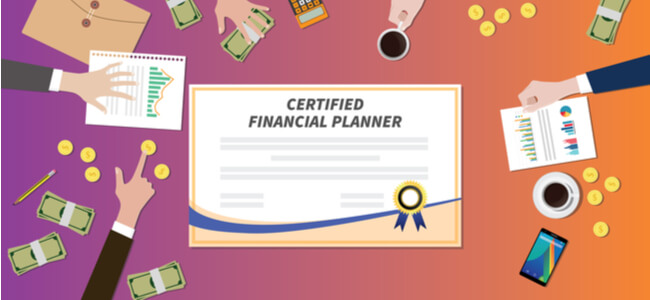Bank Levy: What Does It Mean And How Does It Work?

What is a bank levy and why should everyone avoid it at all costs? This is when there’s a legal hold on your bank account.
However, as serious as this process is, there are things you can do to achieve a positive outcome. This article explains how this legal action works and what to do if it happens to you.
How Does A Levy On A Bank Account Work?
If you’ve fallen behind with your debt payments and haven’t attempted to negotiate with your creditor, you run the risk of a halt being placed on your financial accounts. Here’s how the process works.
- Your lender asks the court to issue a judgment for a levy to be placed on your financial accounts
- The lender proves that all efforts to collect the arrears have failed
- The court issues a writ of execution stating that a judgment has been entered to place a halt on your account
- The creditor provides the writ to the bank. The bank complies and your funds are frozen
- You can’t withdraw money, and all checks and automatic payments will be blocked
By law, the bank must wait 21 days after a levy is received before transferring your money to the lender.
A creditor isn’t allowed to take Social Security benefits, supplemental security income, student loan disbursements, veterans’ benefits, or aid from FEMA.
Wondering how often can a creditor levy your bank account? They can freeze your savings or checking accounts as many times as they need in order to receive all the money you owe them.
How Long Does A Levy Stay On Your Bank Account And Who Can Pursue One?
First things first, a levy can stay on your account for as long as it takes to pay off your debt. Any creditor can appeal to the court for a bank levy after exhausting other avenues to collect on the debt. Typically, bank levies are sought by:
- The Internal Revenue Service (for unpaid taxes)
- The Department of Education (student loan debt)
- Spouses and former spouses (for unpaid child or spousal support).
The IRS and other government agencies are exempt from going to court. They can place a halt on your account independent of a court action.
In general, credit card companies can’t seek this process. However, if your bank issued the credit card, then a bank levy due to credit card debt is possible.
What Immediate Steps Should You Take?
The most important thing is to move quickly. As soon as you learn that there’s a levy on your bank account, contact the creditor right away and try to work out a payment agreement. If at all possible, pay the full amount owed.
You’ll want to stop the transfer of money to your creditor. Once your bank surrenders the funds, it’ll be much more difficult to get it back.
If you can prove that your frozen account is making it impossible for you to pay your monthly bills, such as rent, utilities, and other necessities, then you have the right to claim hardship. You can appeal to the court and ask that it protect a certain percentage of your funds.
What's The Difference Between A Garnishment And A Bank Levy?
Both a garnishment and bank levy can be used by creditors to collect the money you owe. However, these processes behave differently.
Bank levy:
- Freezes the funds you have in your bank account at the time the court issues the order
- Can empty your account to satisfy the debt
Wage garnishment:
- Is placed on money that you’ll earn in the future
- Your employer is instructed to withhold a portion of your paycheck
- The withheld portion must be sent to the creditor
- Only up to 25% of your net salary can be garnished, protecting your ability to cover your monthly financial obligations
How To Remove A Bank Levy
As serious as it sounds, there are steps you can take to stop the process. Here are some arguments that might work in your favor.
- You failed to receive a notification. The bank is supposed to notify you if there’s a levy on your account, but it may not have. Moreover, your creditor is legally required to inform you of court action taken to secure a halt on your account
- The statute of limitations on the debt has expired. There’s a statute of limitations on debt. If a creditor has secured a bank levy on a debt that exceeds your state’s statute of limitations, you have grounds to dispute it
- The debt isn’t yours. If you’re not in the habit of checking your credit report, you could have arrears that don't belong to you. You might be a victim of identity theft. If you can prove that the debt isn’t yours, you may succeed in protecting your assets
The Bottom Line
Discovering that your bank accounts are frozen can be an alarming and frustrating experience. If this happens to you, the most important thing is to respond quickly.
There are steps you can take to mitigate the damage or, in some cases, stop it from happening altogether.



